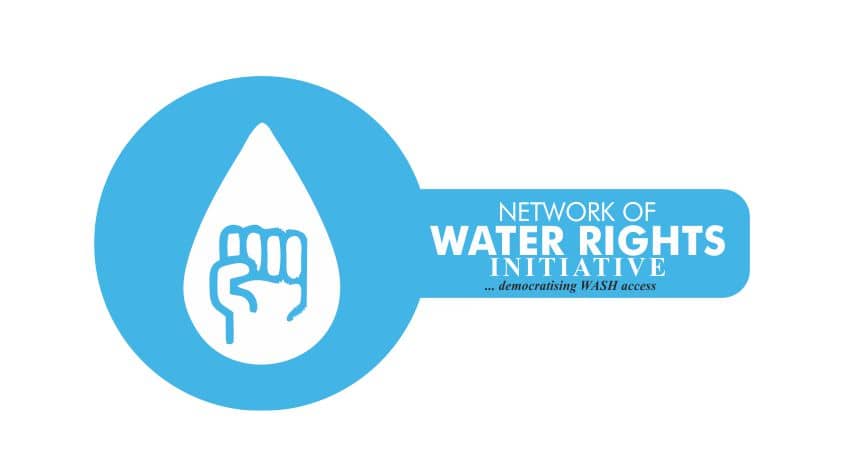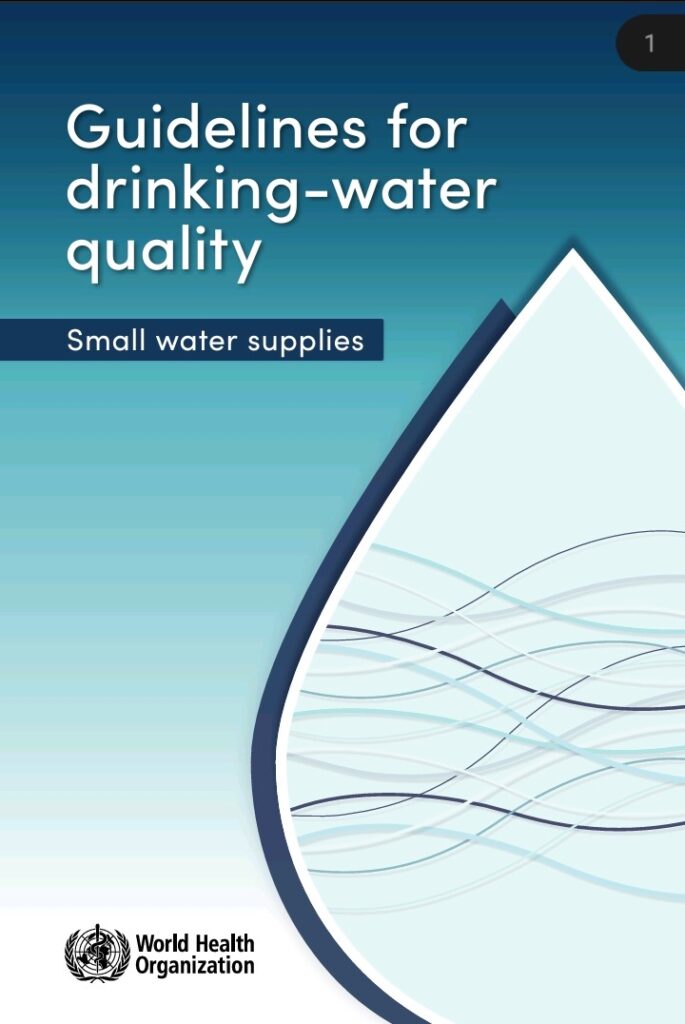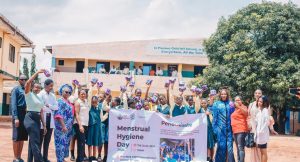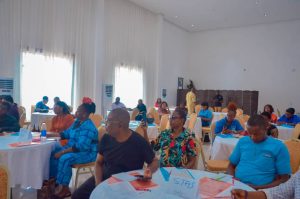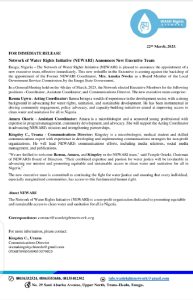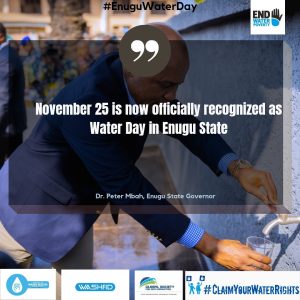As Nigeria grapples with the twin threats of cholera outbreaks and flooding incidents, the importance of water safety planning cannot be overemphasized. Access to safe drinking water is a fundamental human right, yet millions of Nigerians are vulnerable to waterborne and water-related diseases. The drinking water for a significant proportion of the Nigeria population, comes from small supplies, ranging from household wells/boreholes to piped supplies serving communities, which are highly vulnerable to contamination. It is for this reason that the World Health Organization’s (WHO) recent “Guidelines for drinking-water quality: small water supplies” emphasized for the first time, the crucial role of water safety planning, especially in small towns and rural areas, mostly served by small supplies. Therefore, it is imperative for Nigeria to prioritize water safety planning to avert the devastating consequences of inaction at this critical period.
The Cholera Threat:
Cholera outbreaks have become a recurring nightmare in Nigeria, claiming many lives and leaving many more scarred. The recent surge in cases is a stark reminder of the country’s precarious water situation. Contaminated water sources, inadequate sanitation, and poor hygiene practices create a perfect storm for the spread of cholera, and Water safety planning offers the first line of defense against this preventable disease. The latest weekly situation report by the Nigeria Centre for Disease Control (NCDC) recorded that from January to 23rd June 2024, a total of 1579 suspected cases of cholera including 54 deaths have been reported from 32 states across Nigeria, with children less than 5 years, mostly affected.
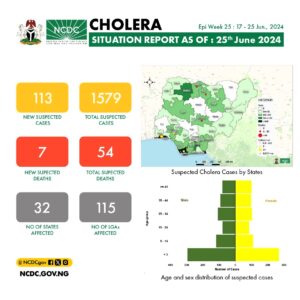
Flooding Incidents:
Flooding incidents are becoming more frequent and intense in Nigeria, polluting water sources and exacerbating the risk of waterborne and water-related diseases. There is no gainsaying that the devastating impact of flooding on water infrastructure and sanitation facilities only increases the likelihood of cholera outbreaks.
WHO’s New Standards:
The recent WHO’s “Guidelines for drinking-water quality: small water supplies” acknowledge the critical importance of water safety planning, particularly in areas supplied by small water supplies such as household wells, street water vendors and community boreholes. These guidelines emphasize a proactive approach to ensuring water safety, rather than relying on reactive measures.
The Imperative of Water Safety Planning:
Water safety planning is not a luxury, but a necessity. It involves identifying and mitigating potential risks in the water supply chain, from source to tap. By prioritizing water safety planning, Nigeria can:
- Reduce the incidence of waterborne diseases
- Improve public health and wellbeing
- Enhance the resilience of water infrastructure
- Support economic growth and development
Water safety planning is no longer a choice, but a necessity in Nigeria. As the country battles cholera outbreaks and flooding incidents, it’s essential to prioritize this critical aspect of water management. By adopting a proactive approach to water safety planning, Nigeria can save many lives, improve public health and livelihood of its citizens.
The time to act is now!
